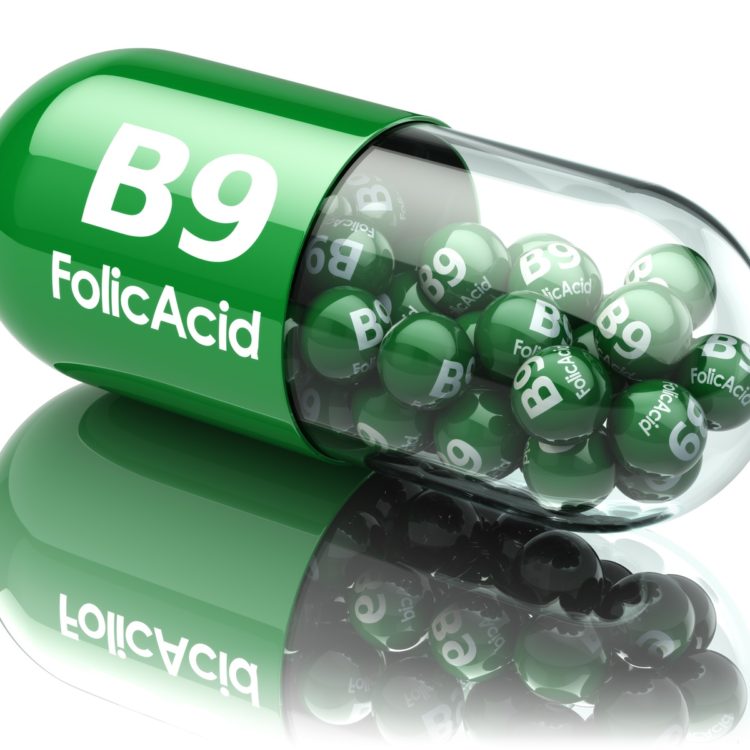What is a Folic Acid Deficiency?
- Folate is a water-soluble B vitamin that is naturally present in some foods, added to others, and available as a dietary supplement.
- Some patients complain of a sore tongue or pain upon swallowing. The tongue may appear swollen, beefy, red, or shiny, usually around the edges and tips initially.
Folic Acid Deficiency Causes
The most common cause of folate and riboflavin deficiencies in older people is low dietary intake, whereas low B12 status is primarily associated with food-bound malabsorption,
Deficient or low status of these B-vitamins alone or in combination with hereditary disorders, could contribute to greater disease risk in aging by causing perturbations in one-carbon metabolism.
Patients with Folic acid deficiency present may have a history of excessive alcohol intake with a concurrent poor dietary intake. Other patients may be pregnant or lactating; may take certain drugs, such as phenytoin, sulfonamides, or methotrexate; may have chronic hemolytic anemia, or may have underlying malabsorption.



Folic Acid Deficiency Symptoms
-
Deficiency of folate and B-12 can potentially cause diseases which include:
-
Heart Attack
-
Cancer
-
Stroke
-
Dementia
-
Depression
-
Migraines
-
Autism
-
Fertility
-
Anemia
-
Birth defects
-
Cognitive impairment
-
Dementia
-
Depression
Women with insufficient folate intakes are at an increased risk of giving birth to infants with neural tube defects (NTDs). Inadequate maternal folate status has also been associated with low infant birth weight, preterm delivery, and fetal growth retardation.
Treatment of folic acid deficiencies involves increasing the dietary intake of folic.
Contact our office today if you believe you may be at risk and/or are experiencing some of the symptoms listed above. Our team of doctors will determine the course of treatment that is best suited for you.


